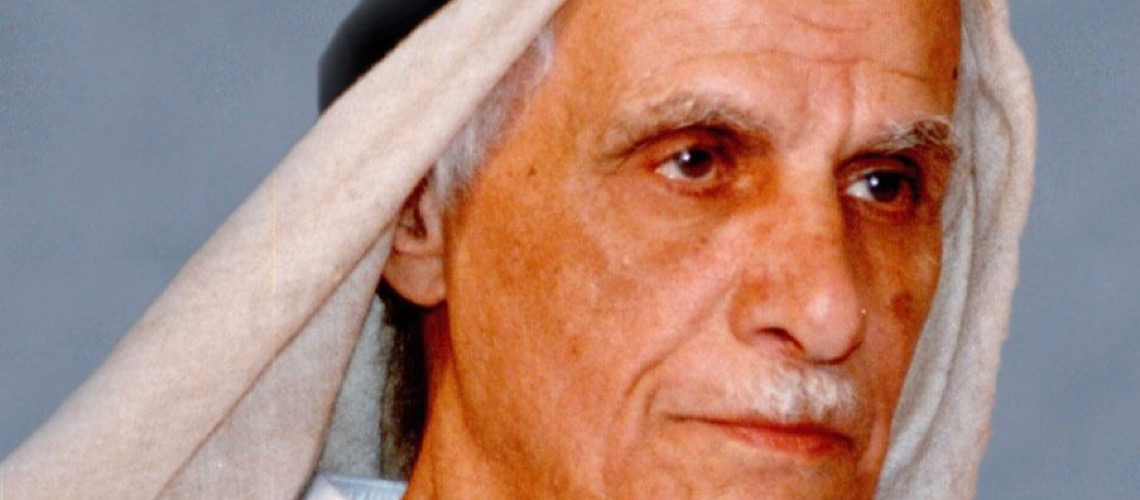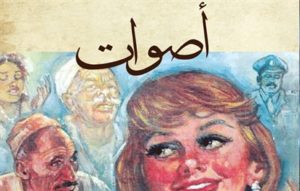Every year, January 4 marks the anniversary of the passing of Sultan Bin Ali Al Owais (1925–2000), a distinguished poet and a pioneering figure in the UAE’s economic, social and cultural renaissance.
Despite the passage of 25 years, Sultan Bin Ali Al Owais’s legacy continues to resonate deeply within Arab culture. This year’s commemoration takes on special significance as the United Nations Educational, Scientific and Cultural Organisation (UNESCO) has designated 2025 to celebrate the centenary of his birth.
In honour of this cultural luminary, the Sultan Bin Ali Al Owais Cultural Foundation has planned a year-long programme encompassing intellectual, artistic, musical, and cinematic events, alongside special publications and other distinguished activities. A dedicated budget has been allocated for these initiatives, which will be held across the UAE and internationally, reflecting Al Owais’s lasting impact on culture and the arts.
To mark the occasion, the Foundation has increased the value of the Sultan Bin Ali Al Owais Cultural Award to Dh150,000 per category, starting with its 19th edition. This raises the total prize amount to $750,000, distributed among its four categories: Poetry, Short Story, Novel and Play; Literary Studies and Criticism; Humanities and Future Studies; and the Cultural and Scientific Achievement Award.
UNESCO’s decision followed a thorough review of Sultan Bin Ali Al Owais’s dossier of achievements, presented by the UAE National Committee for Education, Culture, and Science during the 42nd session of UNESCO’s General Conference.
The commemoration of Sultan Al Owais’s centenary represents one of UNESCO’s most notable initiatives to honour cultural icons worldwide, celebrating their contributions across diverse fields of thought, knowledge, and science.
Sultan Bin Ali Bin Abdullah Al Owais was born in 1925 in the town of Al Hira in Sharjah, where he received his early education. He hailed from a family of pearl merchants, with his father, Ali Bin Abdullah Al Owais, recognised as a skilled pearl trader (Tawashin). Sultan Al Owais followed in his father’s footsteps in the pearl trade while also engaging in other business ventures, frequently traveling between India and the UAE.
Raised in a family deeply rooted in literature and culture, Al Owais’s lineage included several notable poets, researchers, and authors, such as Salem Bin Ali Al Owais, Omran Al Owais, and Ahmed Ali Al Owais, all contributing to the vibrant cultural legacy of the family.
Sultan Bin Ali Al Owais embarked on his poetic journey in 1947, with his first published work appearing in the Beirut-based Al Wouroud magazine in 1970. Although he began composing poetry relatively late in life, he left an indelible mark on Arabic literature. Renowned as one of the leading poets of the UAE, Al Owais served as a bridge between two generations of writers and poets and emerged as a pioneer of love poetry in the Arabian Gulf.
Celebrated for the profound emotional resonance of his poetry, Al Owais’s works have appealed to diverse audiences. One of his most notable works is “Mirrors of the Gulf”, published in Beirut in 1985. His collected works, “Diwan Sultan Al Owais: The Complete Collection 1993”, remain a testament to his literary legacy.
Academic studies classify Sultan Al Owais as part of the second generation of Al Hira poets, a group that included contemporaries such as poet Sheikh Saqr Al Qasimi (1924–1994) and Khalfan bin Musabih (1923–1946). His contributions have been extensively studied by critics and scholars, with their analyses compiled in a book published by the Emirates Writers Union titled “Sultan Al Owais: A Merchant Who Loved Poetry”.
Throughout his lifetime, Al Owais received numerous honours and accolades, recognition by the late Sheikh Zayed bin Sultan Al Nahyan in 1996.
In 1987, Sultan Bin Ali Al Owais established an award bearing his name to honour and encourage outstanding Arab writers, thinkers and scientists. This initiative aimed to highlight their pivotal role in enriching the Arab intellectual and cultural landscape. By 1992, the award evolved and transformed into an independent cultural institution called the Sultan Bin Ali Al Owais Cultural Foundation, officially promulgated by Decree No. 4 of 1994.




